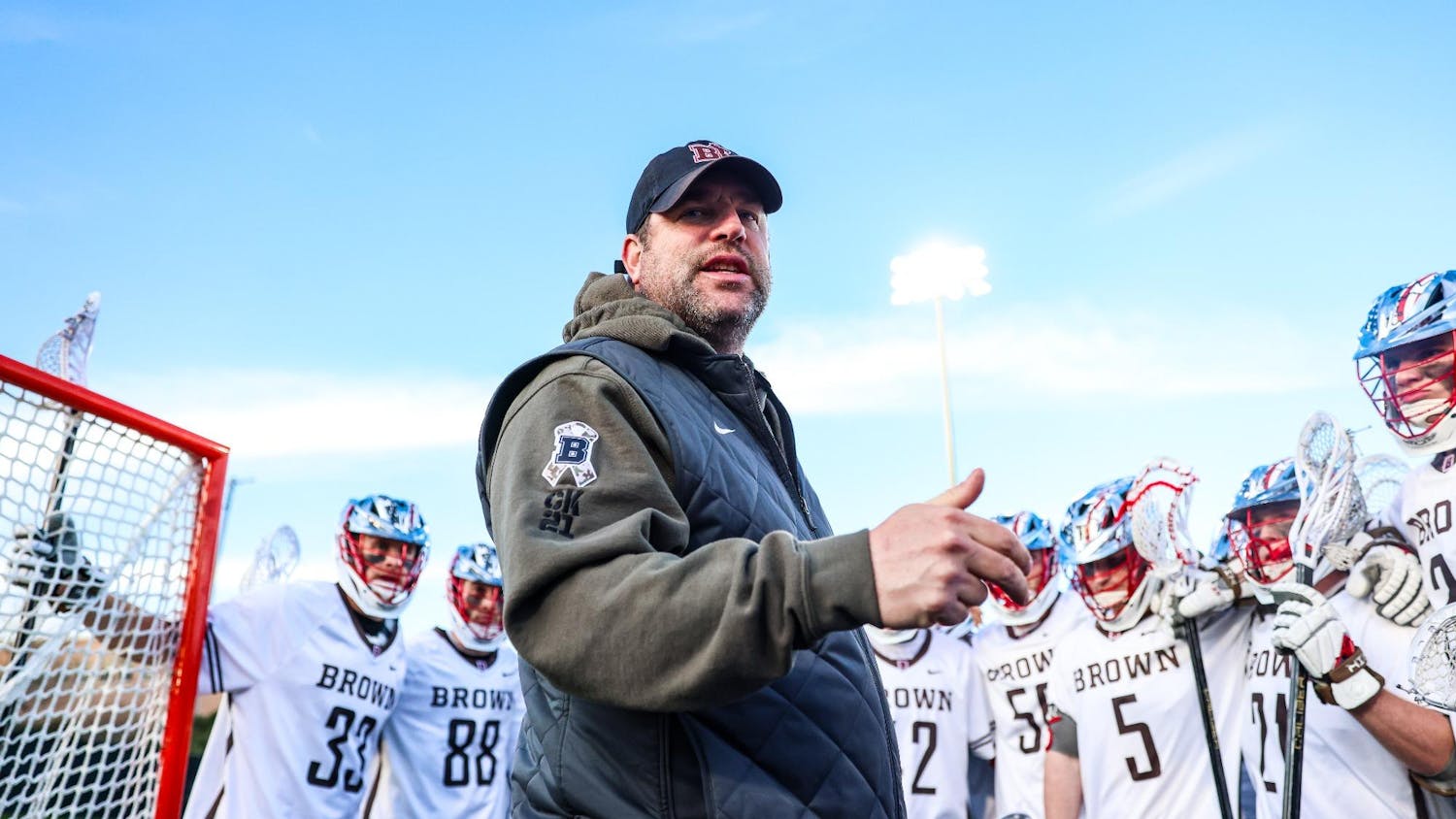For the past seven months, the sports world has tipped its collective cap to the incredible career of Derek Jeter. There is much to be celebrated — Jeter has defined excellence, class and leadership for two decades. There simply aren’t enough superlatives. Jeter’s place in the upper ranks of the baseball elite has long been set in stone. And now, just like that, we close the books on an era.
But hidden behind the headlines, the gifts and the thunderous ovations was one unsettling and undeniable truth: Derek Jeter was no longer Derek Jeter. Even as he humbly acknowledged each tribute, Jeter quietly limped to an ugly finish in a second consecutive lost season for the Yankees. Simply put, the magic had run out.
Jeter’s last gasp was unbecoming, but it begs an important question: When is the right time for an elite athlete to retire? Obviously there are a lot of considerations in play — family, health, lifestyle all chief among them. When our favorite athletes put on their uniforms, it’s easy to forget that they are real people facing personal decisions. The world is a big place, and sports are just one small part of it. But personal factors aside, how does retirement fit into the construction and preservation of a legacy?
Like Jeter, most premiere athletes wait too long to retire. Earning gobs of money doing what they love in front of an adoring nation makes it understandably difficult to call it quits. But Father Time can only be staved off for so long. While there’s something to be said for longevity, it’s a sad sight for fans to see their favorite players, once kings, fade into mediocrity. We want to believe that our athletic heroes are indestructible. Though the competitive edge may still be there, skills erode and bodies betray. Too often, the struggle of decline taints a career marked by dominance. The list goes on — Mohammed Ali, Shaquille O’Neal, Jerry Rice and, yes, Derek Jeter. Granted, these men are all sporting legends. But by hanging on for too long, they stain the otherwise pristine portraits of their prolonged excellence with output below what we come to expect. It’s tough to shake that uninspiring final impression.
An even uglier of denial is the comeback. As hard as it is to walk away, it’s often even harder to stay away. The transition for retired stars is daunting, a lifelong routine torn away. The income stream dries up. The spotlight shines elsewhere. When your former teammates are dancing in the end zone, and you’re sitting on the couch, it’s tough to ignore that competitive itch. “Nothing could satisfy me outside the ring,” remembers Sugar Ray Leonard. “There is nothing in life that can compare to becoming a world champion, having your hand raised in that moment of glory with thousands, millions of people cheering you on.”
So it makes sense that the likes of Roger Clemens teeter on the brink of retirement for years. The pursuit of a storybook conclusion to an already storied career is tempting, but this venture rarely ends well. Repeated comebacks allowed Brett Favre to compile gaudy statistics and pad his Hall of Fame pedigree, but a final two seasons in Minnesota cost him a lifetime of football immortality in Green Bay. Now, Favre is as much a punchline for indecision as he is a symbol of football glory. Michael Jordon’s stint with the Washington Wizards wasn’t a total travesty, but it sullied that perfect association between MJ and the Bulls’ dynasty. Jordan had nothing left to prove, but he just couldn’t walk away. To the chagrin of fans everywhere, basketball placed a stranglehold on the man who had always dictated his own path.
Every athlete experiences the natural progression of a career arc: We rise, we peak and we fall. But for some, a graceless decline is simply not an option. Though it’s a relatively rare phenomenon, superstars like Barry Sanders, Sandy Koufax and Bo Jackson have all walked away at the top of their respective games. There’s certainly merit in going out on your own terms rather than succumbing to injury or ineffectiveness. Bodies go unpunished, and memories go untarnished.
But while it may be elegant, early retirement is equally unsatisfying. The legacy of an early retiree is destined to become a question mark. We’re left wondering what could’ve been. Can we really compare ten years of Tiki Barber to 15 years of Emmitt Smith? How could Sanders just walk away when he could have obliterated the all-time rushing record? How could he smother the competitive fire before even reaching a Super Bowl? Aren’t these guys supposed to be the ultimate competitors? True, decline is inevitable, but it is not always tragic. The best athletes adjust their games to compensate for aging bodies. By evolving with his physical limitations rather than fighting them, Tiger Woods has reigned supreme for decades.
Retire too late, and your legacy is blemished. Too soon, and it’s incomplete. Is there a right time to hang ’em up? When asked about his future in the NFL, Tom Brady retorted, “When I suck, I’ll retire. But I don’t plan on sucking for a long time.” This sentiment, later echoed by the ageless Peyton Manning, is the mentality that every professional athlete should adopt. The most graceful exit from professional sports involves exhausting every ounce of elite production without waiting to become just another guy.
Of course, identifying that inflection point is easier said than done. For some, the end comes quickly and unexpectedly. The perfect solution? Stay great forever. Here’s hoping that Brady never sucks.
Mike Firn ’16 will write until he sucks. Contact him at michael_firn@brown.edu.
ADVERTISEMENT




